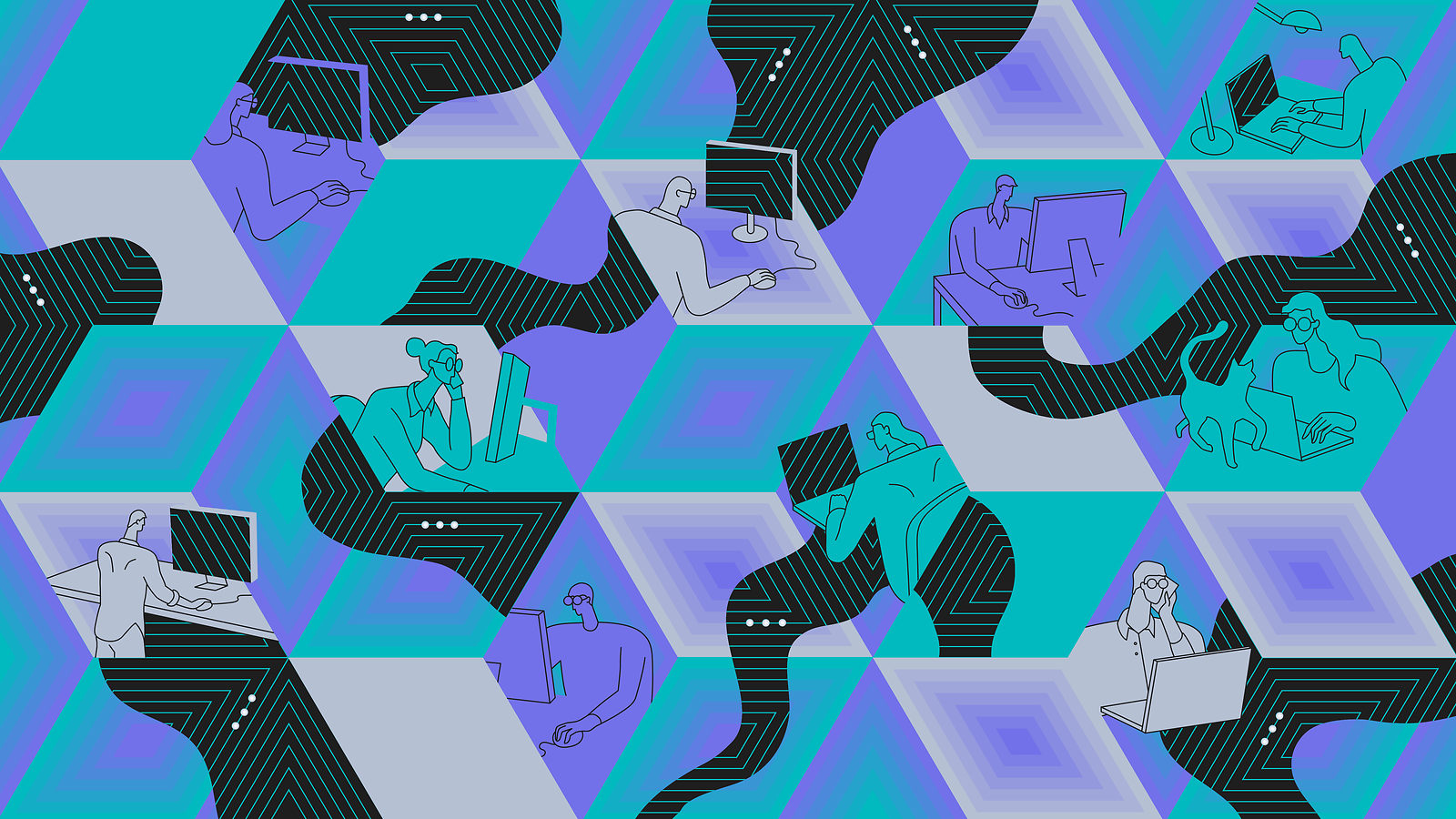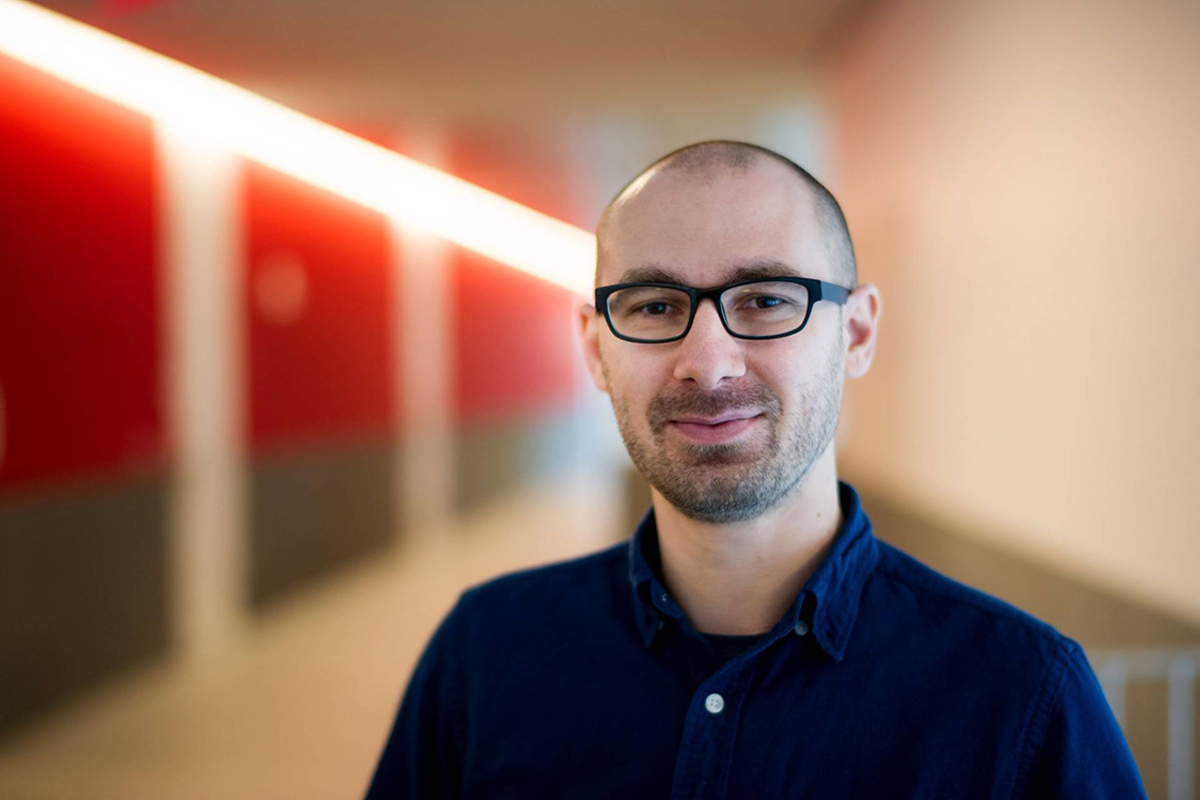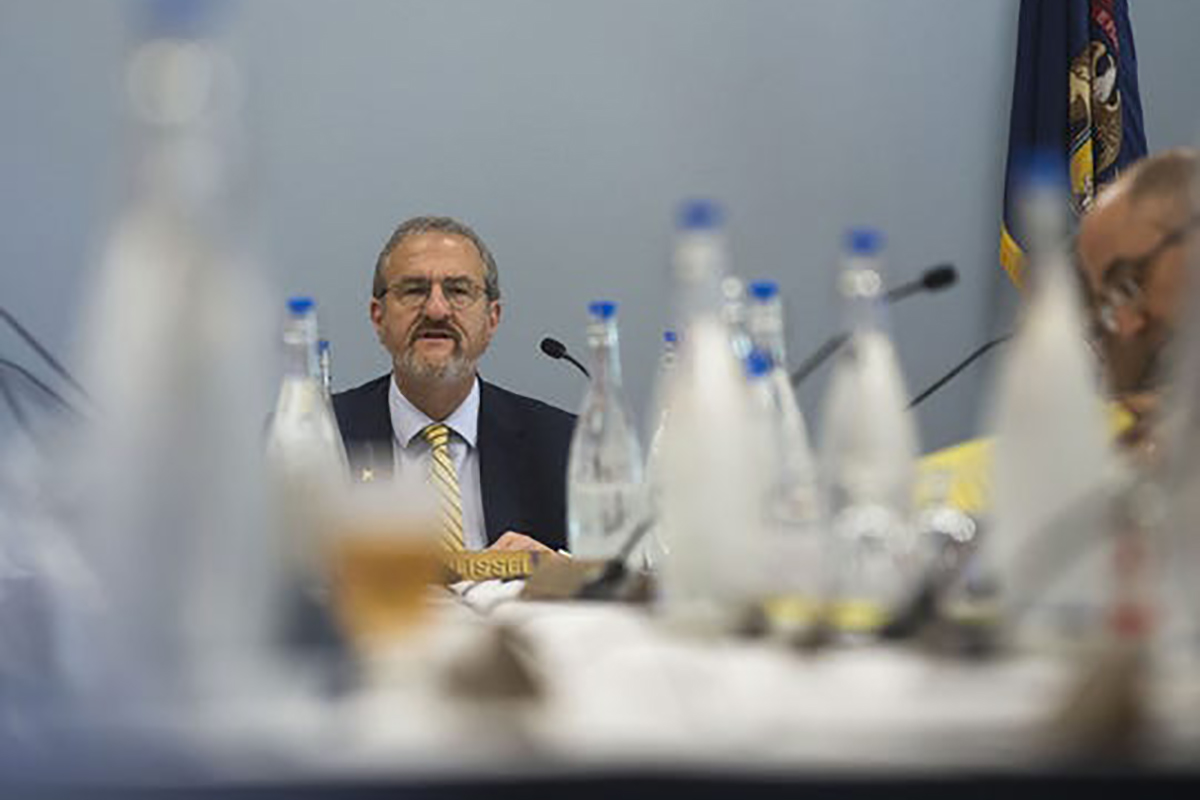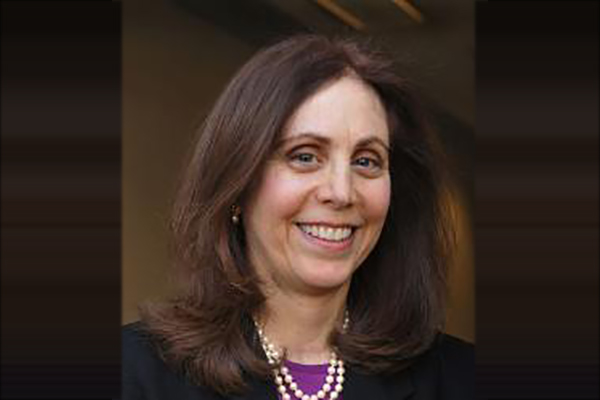
A team of physicists and “Big Science” researchers from around the world formed Science Responds, a website dedicated to connecting experts in data science, statistics and software development with community-wide projects to fight COVID-19. “We’re not biomedical researchers, but we have a number of capabilities we can bring to the table,” said Peter Elmer, a particle physicist from Princeton University who is based at CERN in Switzerland.
Approximately 200 people have joined the Science Responds Slack online workspace, which tracks current projects and connects members with scientists at work on topics such as computational molecular modeling and contact tracing. “We try to foster connections between researchers who are working on these things rather than do full project management,” said Savannah Thais, a Princeton postdoctoral research associate. “We know there are a lot of projects that already exist that we can contribute to — we don’t necessarily need to be starting up a bunch more within our community.”
Elmer and a core group of Science Responds organizers meet on a daily basis to determine how they can contribute to understanding the pandemic, while also exploring ways that research will need to adapt in a post-COVID world where face-to-face collaboration might be difficult: “We set this up not for the next six weeks, but for the next year and a half. Because that’s what it’s going to take.”
To read the entire story, go to Symmetry.com.




